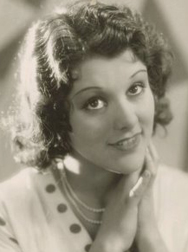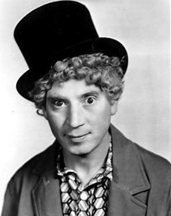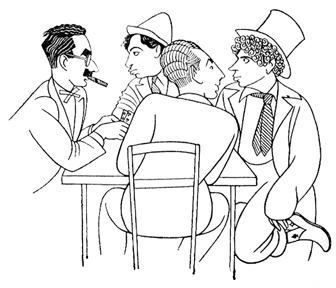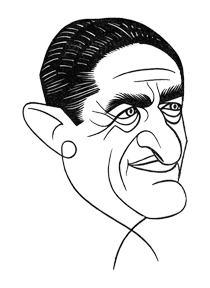Today is Chico Marx‘s 126th birthday. If we admit that he’s our third-favorite Marx Brother, we pay him no dishonor, as we love the Marxes, collectively and individually, more than just about anyone else who ever lived.
Leonard (his given name, don’t you know) was a degenerate gambler and an inveterate skirt-chaser, but for all his undeniable faults, he seems to have been one of the most charming fellows you’d ever hope to meet.
Just try and keep from smiling as you watch his delightful turn at the piano from the Marxes’ second movie, Animal Crackers (1930).
Happy birthday, Chico, wherever you may be. Thanks for the laughs and the smiles; you’ve given us plenty of each.




